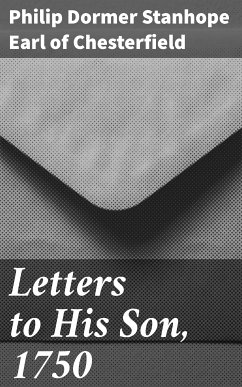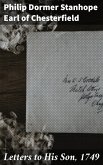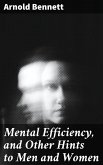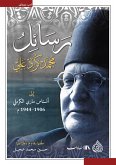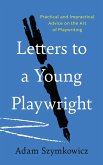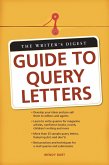In 'Letters to His Son,' published in 1750, Philip Dormer Stanhope, the Earl of Chesterfield, offers a remarkable collection of epistolary advice that transcends mere parental guidance. The letters, characterized by their elegant prose and wit, delve into the complexities of social conduct, moral philosophy, and the cultivation of a refined character. Chesterfield's approach is both pragmatic and sophisticated, positioning his insights within the broader context of 18th-century Enlightenment thought, which emphasized reason and individualism. His unique style melds personal reflection with astute observations, creating a nuanced portrait of the lessons necessary for navigating the complexities of upper-class society in his time. Philip Dormer Stanhope, a prominent statesman and diplomat, draws on his extensive experiences and social standing to inform his correspondences. His own upbringing and the challenges he faced in the aristocratic milieu undoubtedly influenced his desire to impart wisdom to his son, whom he hoped to see flourish in a demanding world. Chesterfield'Äôs emphasis on manners and etiquette reflects his awareness of the importance of personal connections in achieving success and status. This book is highly recommended for readers interested in historical literature, social etiquette, and personal development. Chesterfield's letters remain relevant for anyone seeking to refine their social acumen while appreciating the art of eloquent communication, making it an invaluable guide for contemporary readers.
Dieser Download kann aus rechtlichen Gründen nur mit Rechnungsadresse in A, B, BG, CY, CZ, D, DK, EW, E, FIN, F, GR, H, IRL, I, LT, L, LR, M, NL, PL, P, R, S, SLO, SK ausgeliefert werden.

